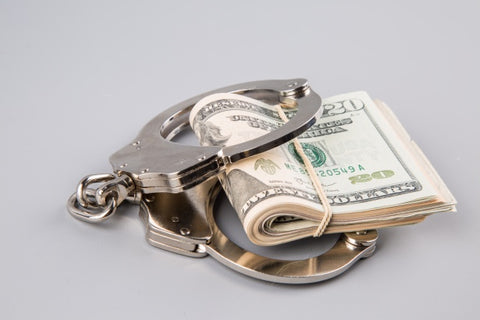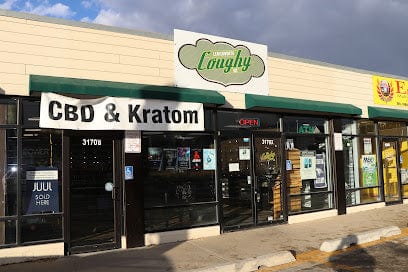Legal Status of CBD & Hemp
CBD and hemp-based products have blown up tremendously over the past couple of years. Market experts predict that the market growth for CBD and hemp-based products will rise to 22 billion by 2020. [https://www.brightfieldgroup.com/post/hemp-cbd-market-to-reach-22-billion-by-2022]
That’s a staggering amount of money and shows just how captivating CBD and hemp products have been for both companies and consumers. There is clearly a huge market for it with hemp products continuing to grow beyond what was originally thought.
However, hemp-derived products have been notoriously regulated and taxed for the most part of the last century.
The Marihuana Tax Act of 1937 – and later the Controlled Substances Act of 1970 – made hemp practically impossible to obtain and hemp production practically impossible to pursue.
It’s only been recently that regulations have started to relax due to the increase of state laws permitting medical cannabis on top of a thriving cannabis multi-billion dollar industry, much to the
Earlier last year, The Farm Bill 2018 (originally signed by President Obama in 2014) was passed through congress and signed by the now president to allow the legalisation of hemp production. This means that all hemp and hemp-derived products like CBD are now no longer listed as a controlled substance.
However, not all is blue skies and plain sailing.
Unfortunately for hemp farmers and producers there is some added headache. The FDA are looking to put a tight leash around hemp and hemp-derived products like CBD. In a statement* released back in December, they stated that the treatment of cannabis and cannabis-derived products including hemp and CBD must be in accordance with the same authorities and requirements as any other FDA-regulated product. Further, they also voiced that there is concern over companies marketing their products as health related and may clamp down on CBD being seen as a dietary supplement.
*[https://www.fda.gov/NewsEvents/Newsroom/PressAnnouncements/ucm628988.htm]
There must also be no more than 0.3% THC present in the cannabis plant the CBD derived from, otherwise it cannot be seen as legal under federal law.
Furthermore, hemp farmers and cultivators (under section 10113) will be under fairly tight regulation on state levels. All states must submit their regulatory plans to government, otherwise a blanket federal regulatory plan will be put in place instead.
But good news for consumers is that there are no restrictions on the sale, possession, or transport of hemp and CBD products. The Farm Bill of 2018 has lifted the restrictions of these products to go across state lines and there is now no need to have hemp imported internationally for production.
More importantly, hemp and CBD products are legal in all 50 states in the USA, even with the FDA wanting to keep some authority over its production and distribution, specifically its marketing literature.





Comments (0)
There are no comments for this article. Be the first one to leave a message!